“It is UNESCO’s concern that the present and
future generation should be enlightened on the issues, problems and consequence
associated with slavery to enable them fully understand the present and prepare
them for a better future in the world free from all types of enslavement,
injustices, discrimination and prejudice.”
Robert V. Daniels once said of History in the
following words, “History is the memory of human group experience. If it is forgotten or
ignored, we cease in that measure to be human. Without history we have no
knowledge of which we are and how we came to be, like a victim of collective
amnesia groping in the dark for identity.”
It is events
recorded in history either tangible or intangible that have generated all the
emotions, the value, the ideals that have made life meaningful, that have given
humans something to live for, struggle over and die for. What is the fate of a
people who forget their past? What future awaits a race that keeps its history
in garbage heap? What quality of leadership lies ahead of a nation which fails
to tutor its youth about their past. It is therefore suicidal for a nation or
state to obliterate its history. Badagry, often referred to as “Slave Coast” is
unarguably among the front line “states” that suffered the historical tragedy of
slave trade. It was a major slave port along the West Coast of Africa for
upward of four hundred (400) years.
Aside from this, one of the oldest slave
markets in West Africa (Vlekete Market) was established in 1502.
Badagry was called Slave Coast because it
accounted for at least three (3) out of ten (10) slaves that left the shores of
West Africa.
Ghana was
called Gold Coast while the area of Sierra Leone and Guinea were referred to as
Grain Coast. Badagry signed the treaty abolishing slave trade with the British
Government in 1852. Hence up till now, the ancient town still have within it
confines those artifacts, relics and historical monuments like the ruin of the
slave port, the slave market, shackles of slavery, slave Baraccoon (slave
cell), the Cannon gun, the Slave Route and Point of No Return, among others. Because
of the global importance of these cultural assets that Badagry became a popular
Cultural Tourism destination in Nigeria and placed it in the world tourism map.
The name BADAGRY became much bigger than the town itself and its popularity
transcends the shores of Africa.
Studies have shown that cultural heritage sites are unique because they cannot
be transferred or reproduced in other locations. Consequently, there is doubt
that destination endowed with natural landscape, historical sites, cultural
attractions and heritage has a relative advantage when it comes to attracting
tourists.
Considering the economic impact of cultural
heritage tourism, according to Clarion Associates (2005) a state-wide survey of
heritage tourism in Colorado in the USA reveals that it created USD 3.4 billion
in direct and indirect economic impact and supported some 61,000 jobs through
the state.
Coming back
to crux of the matter, it was because of these heritage sites earmarked for
demolition by Lagos State House of Assembly that Badagry and Calabar were
listed in the Slave Route Project initiated by UNESCO in 1999. And for its
recognition of the importance of History UNESCO declared every 22nd and 23rd of
August as the International Day For the Remembrance of Slave Trade and its
Abolition.
In the year 2000, UNESCO organized Aspnet (Associated
Schools Network) project in Badagry where students from different parts of the
world gathered in Badagry. The Aspnet project emphasizes the teaching of slave
trade in school curricular.
“It is UNESCO’s concern
that the present and future generation should be enlightened on the issues,
problems and consequence associated with slavery to enable them fully
understand the present and prepare them for a better future in the world free
from all types of enslavements, injustices, discrimination and prejudice.”
This is with
the view of promoting a culture of peace, tolerance and harmonious co-existence
among all races of the world.
These
heritage sites that qualified Badagry to be listed among the nine (9) destinations
in Africa for the Collaborative Action for Sustainable Tourism
(COAST) project by World Tourism Organisation are the monuments of memories
that the Lagos State House of Assembly seeks to obliterate.
Under COAST
project48 local tour guides and 18 boat operators were trained in heritage
interpretation and visitor management and safety. 136 youths were trained in
local art and craft production. Seven thousand (7,000) copies of visitor guidebook
was produced and distributed freely to tourists. Awareness was created in
environmental management likewise responsible management of tourism assets.
These heritage sites that Lagos State House of
Assembly is planning to destroy attracts nothing less than 200,000 (Two hundred
thousand) local and international tourists to Badagry annually. The domestic
market constitutes 70% while internal market completes the remaining 30%. Majority
of the international tourists are Americans. Obviously, they came because of
these heritage sites.
These sites
have offered direct and indirect jobs to hundreds of youths within and outside
Badagry. They are involved in the tourism supply chain as tour guides, tour
operators, caterers, local transporter, souvenir vendors, and boat operators,
bar attendants, craft sellers, ice-cream vendors, and cultural dancers, among
others.
These sites
have attracted international figures like Rev. Jesse Jackson, Evander
Holyfield, Marlon Jackson, LL Cool J among others to Badagry.
The late
King of Pop Music Michael Jackson died the year he was supposed to visit
Badagry, for the Badagry Historical project spear headed by the late pop star.
The only
comparable horror to slave was the Nazi Holocaust when over 6 million Jews were
killed in most undignified manners during the Second World War.
Consequently,
after the war, concentration camps were preserved to serve as places of memory
and Holocaust museum sprang up in different countries in Asia, Europe, the
Americas even in Africa (South Africa to be precise).
The essence
of this action was not to spread hate or racism or seek revenge, because what
manner of revenge could equate this horror, the whole idea was to say Never
Again! After the genocide in Rwanda, Genocide Museum came alive, again the
rationale was to say Never Again!
Calling for
the demolition of these heritage sites in Badagry is like asking for the demolition
of Holocaust Museums and concentration camps in Israel, Russia, Japan, France,
Canada, Germany, Poland, United States, Argentina, South Africa, Greece among
others.These sites serve as places of memory, and to prevent a reoccurrence. Legislation
is being increasingly relied upon as a response to social problems as society
becomes complex. Heritage management legislation is enacted to prevent social
problems such as vandalism to heritage sites whether intentional or
unintentional.
In an informed and organized society, in the
heritage sector, the main objective of legislation is to protect, for enjoyment
of future generations, the heritage resources from an unwarranted destruction.
Also,
setting up criterion for determining the significance and the process of
approving appropriate mitigation measures to be taken against those who violate
legal principles that threaten the protected resources.
Hence,
heritage legislation has the statutory role or responsibility to save heritage
resources and not to destroy them.One would have expected the Lagos State House
of Assembly to concern itself with legislation that would improve the standard
of leaving, legislation that will support the establishment of tourism related
MSMEs and community-based enterprises, legislation that will create special
fund or agency for preservation and conservation of heritage sites, legislation
relating to land tenure and community right, legislation that will facilitate
tourism business security, access to credit and the operation of public-private
partnership, legislation on the completion of abandoned tourism projects,
legislation to make adoption of heritage sites possible etc.
According to UNWTO, three quarter of the poor
work and live in rural areas and the vast majority of the very poor are found
in medium and larger-sized countries, over sixty percent of the world’s poor
live in just 5 countries: India, China, Ethiopia, Bangladesh and Nigeria. Badagry
is a contributor to this poverty index as vast majority of the populace wallow
in abject poverty leaving below the poverty line. In fact, Badagry is rated the
poorest Local Government in Lagos State.
The fundamental role of any responsible
Government is to alleviate poverty and not aggravate it. The Honourable members
should note that these monuments and heritage sites earmarked for demolition
have, over the years, become important products of attraction for Lagos
Tourism, and for Badagry people, tourism has become our oil, source of pride
and hope; it has become the candle light in the development and economic
darkness that the system deliberately released to hover over Badagry. Pulling
down these heritage sites is tantamount to act of terrorism against a community
that has been grossly marginalized and abandoned to wallow perpetually in
abject poverty.We want to make a passionate plea to Mr. Babajide Sanwo-Olu, the
Executive Governor of Lagos State, to distant himself from this bill, the
backlash will be too much for the state to bear.
We can assure the Honourable members that the
Badagry people will be ready to lay their lives to protect these heritage and
monuments that have come to define their lives and experience for over 350
years! Such act will be condemned globally. History don’t forget, may you never
go down in history as the Governor who ordered demolition of heritage sites in
Badagry!
--CAOLITION OF BADAGRY
TOURISM PRACTITIONERS.





















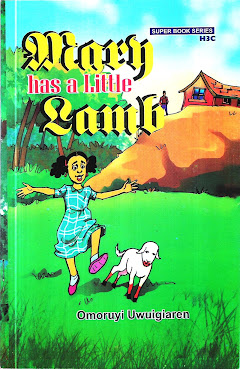
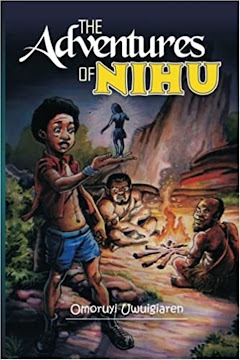


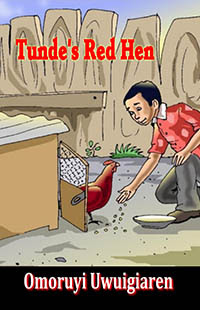
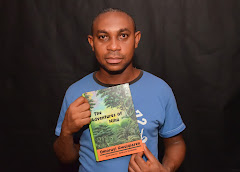
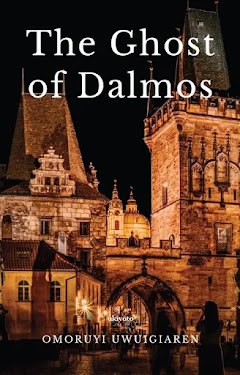


























.jpg)







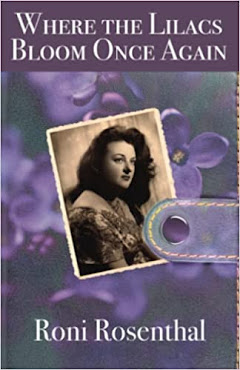
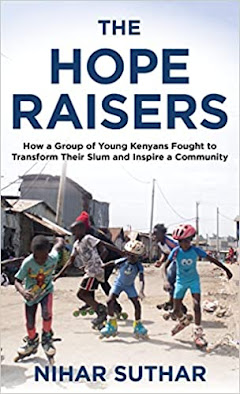
























































No comments:
Post a Comment